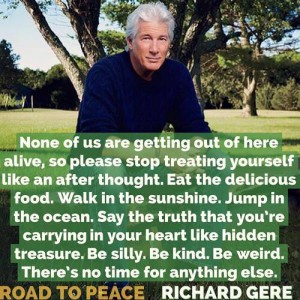Today I got a surprise phone call from a client asking me to write an urgent landing page for him. What was the landing page about? Bottled water. How in the world am I supposed to make bottled water sound interesting?
Inspiration simply wasn’t hitting my brain so I went and lay on my couch, waiting for something to click. Lying there was pretty boring. I grabbed my phone and started doing something I’ve been doing a lot lately—I started taking selfies.
Oh wow it was SO MUCH FUN! I couldn’t stop laughing at some of them. (Some of them I had to delete because the lighting made me look like that weirdo from soul taker). Before I knew it, I was making all kinds of funny (albeit emotion-charged) faces.
Now I know it makes us look vain and full of ourselves (excuse the redundancy), but seriously; taking selfies is a lot of fun. So I decided to put it to good use. I’m going to use my selfies as personalised emoticons.
Oh I hear what you’re saying: “What a silly idea!” And I agree with you. It is a little crazy. But I was on Facebook today and I’m pretty sure I distinctly heard Richard Gere tell me that I’m supposed to be silly to enjoy life. So personalised emoticons it is then! Thanks Rich!
Oh, and by the way… taking selfies really cleared my head. I wrote an awesome landing page and my client said he loved it. So I highly recommend some ‘selfies therapy’ if you’re feeling a little… mentally constipated. Us copywriters are a little crazy, I know…






